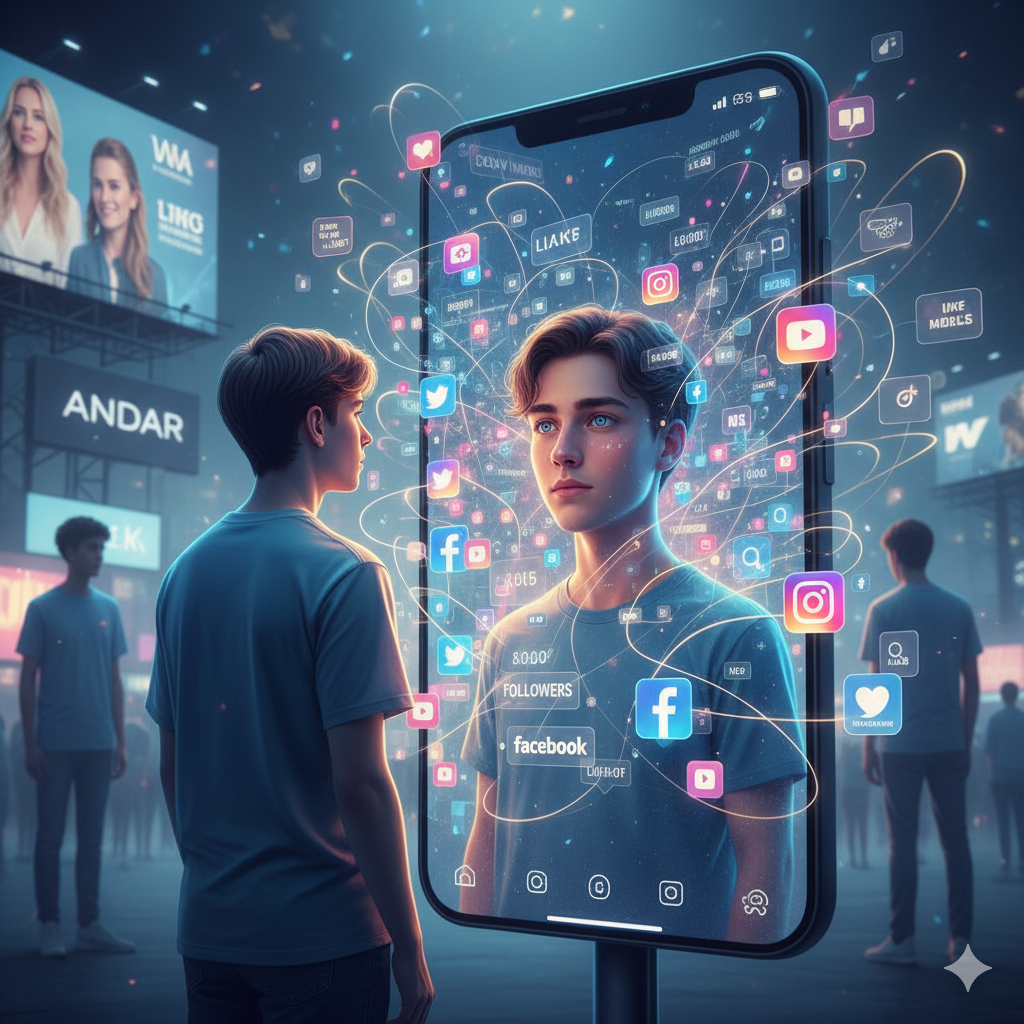
The Social Comparison Effect – How Comparing Ourselves on Social Media Shapes Behavior and Brand Perception
1. What Is the Social Comparison Effect?
The Social Comparison Effect refers to the natural human tendency to evaluate ourselves by comparing with others. On social media, this happens constantly — users compare lifestyles, success, beauty, or popularity through posts, engagement numbers, and curated content. This behavior deeply influences emotions, self-esteem, and purchasing decisions, making it a crucial element in understanding digital marketing psychology.
2. The Impact of Social Comparison on User Behavior
When users see idealized content from peers or influencers, they often feel motivated to align themselves with similar lifestyles or brands. This can lead to two outcomes:
- Positive Motivation: Users aspire to self-improvement, seek products, or follow brands that reflect their desired image.
- Negative Pressure: Users may experience insecurity or dissatisfaction, pushing brands to handle emotional marketing with sensitivity.
Brands that understand this balance can shape messaging that empowers, rather than pressures, their audience.
3. How Brands Can Leverage Social Comparison Ethically
Social Media Marketing (SMM) campaigns can use the social comparison effect strategically — but responsibly. Instead of promoting unrealistic ideals, brands should:
- Show Authentic Stories: Share real customer experiences rather than heavily filtered content.
- Highlight Relatable Success: Focus on achievable goals and authentic transformations.
- Encourage Positive Engagement: Promote inclusivity, self-confidence, and community values.
This approach transforms comparison into inspiration, fostering trust and emotional connection with followers.
4. The Role of Influencers and User-Generated Content (UGC)
Influencers and UGC amplify the comparison effect. When audiences see relatable individuals endorsing a product, it triggers a social proof response — the belief that “if it worked for them, it’ll work for me.” Brands can maximize impact by partnering with influencers who reflect their audience’s true aspirations, not unattainable perfection.
5. How Social Comparison Shapes Brand Perception
Brands perceived as authentic and emotionally aware tend to thrive in this environment. When audiences compare brands, those with honest communication, real feedback, and active community engagement stand out. Positive brand perception, in turn, leads to long-term loyalty and organic advocacy.
6. Conclusion
The Social Comparison Effect is not just a psychological concept — it’s a driving force in modern Social Media Marketing. By understanding how users compare themselves online, brands can design emotionally intelligent campaigns that resonate, inspire, and build genuine trust. The key lies in empathy over exploitation — turning comparison into connection.
📌 Visit Us: STABLESMP.COM
Suggested Keywords:
- Stable SMP
- social media panel
- SMM services
- social media marketing
- SMM reseller panel
- buy social media services
- social media growth
- increase social media engagement
- social media management
- affordable SMM panel
Date: 29/10/2025